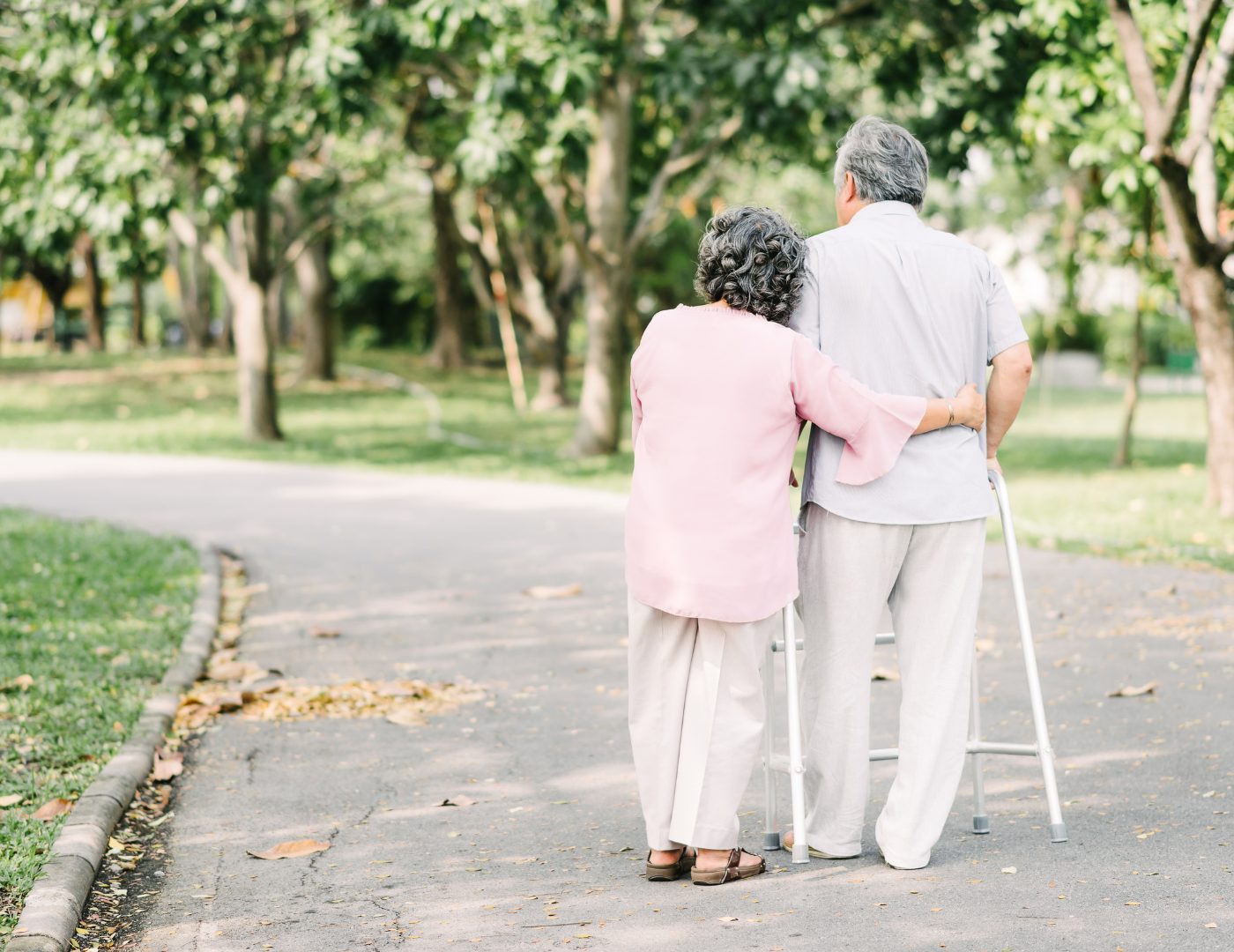The allure of city living, with its vibrant energy and unparalleled convenience, is undeniable. But recent research points to a startling downside for urban dwellers, particularly seniors: an increased risk of developing dementia.
Dementia is the second leading cause of death in all Australians, and more than 400,000 Australians are living with dementia at any time. But the idea that dementia is more prevalent in the city is a new concept.

New study finds city dwellers are more likely to get dementia
A groundbreaking study by the University of Southern Queensland has shed light on this alarming trend. Changes in the prevalence of dementia in Australia and its association with geographic remoteness study , led by PhD student Rezwanul Haque, found that city residents have a 1.12 times higher likelihood of developing dementia, compared with those in rural areas.
Statistics from the study are concerning. Between 2015 and 2018, the overall prevalence of dementia in Australia rose from 0.84% to 0.89%. More strikingly, in major cities, dementia cases reached 5590 per 100,000 people in 2018, an 11% increase from 2015.
In stark contrast, dementia cases in outer regional and remote areas decreased by 21% during the same period.
Why city dwellers are more likely to develop dementia
The study’s co-author, Professor Khorshed Alam, suggests that environmental factors play a significant role in the city numbers.
“Earlier research identified chronic noise exposure, air pollution and a paucity of green space as probable risk factors for cognition reduction, which are more prevalent in metropolitan areas,” he said.
Professor Alam emphasised the importance of our politicians to take these findings into consideration and to take action.
“Green spaces and increasing the number of urban trees could lower dementia risk by encouraging physical activity, social interaction, and network building while simultaneously reducing exposure to air pollution,” he said.
“Councils could develop standalone urban forest strategies or integrate the conservation of urban forests into municipal strategic planning statements to ensure that residents and communities have healthier environments.
“Additionally, state and territory governments could provide additional funding for vital services such as memory clinics, geriatric assessments and home visits for older adults, services for older adults’ mental health, hospital-to-residential aged care transition services, and assistance for those who are exhibiting behavioural and psychological signs of dementia.”
Early signs of dementia
Recognising the early signs of dementia is important because treating it early may slow down its development and reduce some symptoms. The earlier it is recognised, the earlier it can be treated.
The early signs of dementia can be subtle and may not be immediately obvious, according to Dementia Australia, and they can also vary between individuals.
Dementia Australia reports some of the early symptoms may include:
- Memory loss that disrupts daily life
- Repetitive behaviour
- Difficulty performing familiar tasks
- Social isolation
- Confusion about time and place
- Problems with abstract thinking
- Loss of initiative
- Poor or decreased judgement
- Language problems
- Other behavioural changes
If you notice those symptoms in a loved one, it’s important to have a conversation, and seek medical help as soon as possible.

Can dementia be treated?
We currently have no cure for any form of dementia, but its treatment and cure are the subject of a great deal of research and development around the world. Some treatments are available that can temporarily alleviate symptoms or slow their progression, including medication, lifestyle changes, and supportive therapies.
What you can do to reduce your chances of developing dementia
There are no guarantees when it comes to our health, and some risk factors for dementia are out of our control, including our age, genetics and family history. Some risk factors we can control, however, are our heart health, our body health, and our mind health.
Adopting a healthy lifestyle is key. Regular exercise, a balanced diet, mental stimulation, and social engagement can all contribute to reducing the risk of dementia. Furthermore, awareness and regular health check-ups can help with early detection and treatment.
The rising numbers of people diagnosed with dementia in Australia, particularly among city dwellers, is a growing concern among our ageing population. And, while city dwellers do seem to be more likely to develop dementia, there are still things we can all do to lower our risk, and to treat dementia if it comes. Knowledge is power, and understanding how you can keep yourself and your loved ones healthy is what’s important.
Learn more about TriCare’s dementia and specialised care, or book a tour today.




